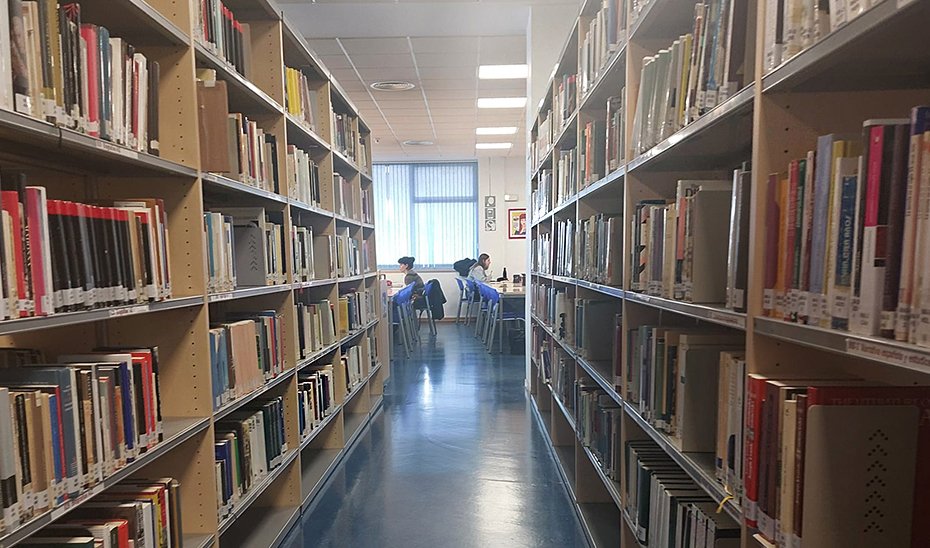
The Ministry of University, Research, and Innovation has begun the process that will allow for the review of the academic programming of the university system in Andalusia in the coming months through a collaborative effort between the regional government and the rectors of the various academic institutions, culminating in this update by the end of 2025.
In accordance with the decree regulating the organization of university education in Andalusia, the new offering of bachelor’s, master’s, and doctoral degrees is planned every four years, with the possibility of adjusting its content and objectives every two years. The current programming was approved in March 2024 to be implemented starting in the 2025/2026 academic year with a validity that ends in the 2028/2029 academic year, so the first review will take place in the next exercise. Currently, the Ministry and academic institutions are immersed in the verification process of university programs linked to the early courses.
The Ministry of University has already taken the first step of the review process, opening the deadline for a period of two months until June 30 for Andalusian academic institutions, both public and private, to submit their change proposals for the remaining two years. The modifications that are proposed can address two main aspects based on the suggestions of the university system. On one hand, the general objectives of university programming, new needs, or priorities, that is, the objectives, and on the other hand, the content of the study plans of the degrees to adapt them to the changes that may have occurred during the first two years. In general, this review should allow for the adaptation of the university offering to new academic trends, labor demands, and advances in research, thus strengthening the competitiveness of the Andalusian university system at the national and international levels.
The proposals put forward by the rectors may include the following points: modifying the names of titles that have not yet been verified or have not started that process, as long as the substantial identity is maintained; changing the planned academic year of implementation, or removing titles from the part of the university programming that is still not verified or in the process of verification.
Likewise, new courses may be incorporated. If it is one, it will be added without any alteration to what already exists. However, if more than one degree is desired, universities will be required to make adjustments, stipulating that for each title added, another must be removed, whether it has not yet been taught or is already included in their catalog of bachelor’s, master’s, and doctoral degrees.
In any case, this addition will be limited by each university to 10% of the total teachings included in the academic programming of 2025/2028 that do not have a prior favorable verification report or do not have an application in progress for it.
When the academic institution does not have authorization to start activities, it may add new degrees up to a maximum of 10% of the university programs reflected in its recognition law. The proposals put forward by the rectors must include the new titles with the corresponding temporal forecast.
The contributions of academic institutions must be submitted through the single electronic registry of the Regional Government:
Requirements for incorporating new degrees
Once the contributions from the university system are received, the Ministry of University will be responsible for endorsing them, taking into account the same criteria used for the approval of the 2025/2028 academic programming and outlined in the decree regulating university education in Andalusia. Consideration will be given to the socioeconomic structure of the territory and its productive fabric, as well as the potentialities and needs of its labor market. Universities will also be required to demonstrate, through studies or external references, the real demand for these degrees both from Andalusian society and students.
Similarly, complementarity and territorial balance will be requested to ensure sustainability and avoid significant duplications and deficiencies, as well as attention to areas at risk of depopulation. Other criteria, such as optimizing public resources, modernizing and updating programming, as well as internationalization, promoting inter-university education, and supporting dual training, must also be addressed.
After the document is ratified, the Ministry of University will be responsible for authorizing the corresponding verification processes for the new degrees that are added. In this verification phase, the Ministry of Science, Innovation, and Universities will be responsible for making the final decision, taking into account the evaluation reports of the study plans issued by the Agency for Scientific and University Quality (ACCUA).
A programming of 188 degrees for the public system
The academic planning for 2025/2028 includes 188 programs for the ten public universities. Of this set, 40 are bachelor’s degrees, 126 are master’s degrees, and 22 are doctoral degrees. All of these programs are distributed almost equally between the STEM (Science, Technology, Engineering, and Mathematics) and Social Sciences and Health branches, with 37 of them being inter-university programs and 23 being dual programs. This new university offering aims to strengthen higher education in strategic sectors of the community, achieve the highest level of efficiency by reorganizing the use of resources and human capital of academic institutions, and ensure commitment to the region’s territories and their economic, cultural, and social sustainability.
With this planning, Andalusia now has an updated university programming after 14 years with a frozen offering, which has compromised the competitiveness of academic institutions, preventing them from responding to current labor market needs and technological advancements.






